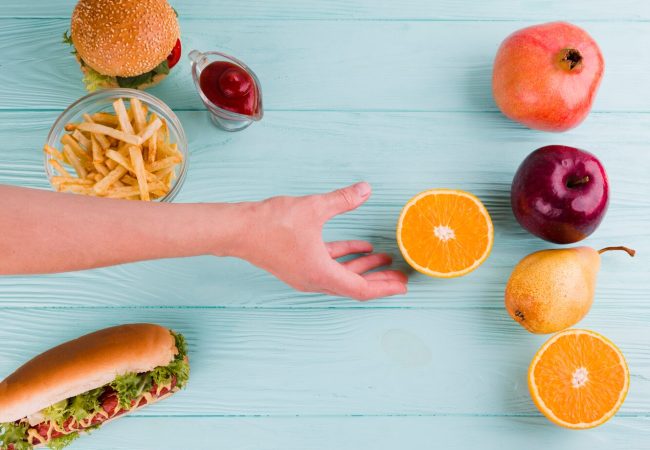
How to Manage Diabetes Through Smart Nutrition Choices
Living with diabetes doesn’t mean sacrificing a fulfilling life. By adopting the right dietary habits, you can effectively manage your blood sugar levels, maintain a healthy weight, and prevent complications. In this guide, we’ll outline practical nutrition strategies that can help you control diabetes and live a healthier, happier life.
Diabetes Management is a long-term condition where the body either doesn’t produce enough insulin (Type 1) or develops insulin resistance (Type 2). Insulin is vital for regulating blood sugar levels, and chronic high blood sugar can lead to serious complications like heart disease, nerve damage, and kidney problems.
A well-designed nutrition plan is key to stabilizing blood sugar. By making smart food choices, you can prevent sugar spikes and maintain balanced energy throughout the day.
The glycemic index ranks foods based on how quickly they raise blood sugar. Low-GI foods (55 or below) are digested more slowly, helping prevent sudden blood sugar spikes.
Top Low-GI Foods:
Portion control is key to avoiding overeating and blood sugar fluctuations. Create balanced meals that include lean protein, healthy fats, and fiber-rich carbohydrates.
Tip: Use the “plate method” — fill half your plate with non-starchy vegetables, one-quarter with protein, and one-quarter with whole grains or starchy vegetables.
Fiber slows sugar absorption, helping you feel fuller longer and supporting gut health.
High-Fiber Foods to Incorporate:
Healthy fats from sources like avocados, nuts, and olive oil can improve insulin sensitivity. Be mindful of portion sizes, as fats are calorie-dense.
Avoid: Trans fats and saturated fats found in processed foods, fried snacks, and fatty meats.
Hydration plays a vital role in regulating blood sugar. Drinking water helps your kidneys flush out excess sugar. Aim for at least 8 glasses of water daily, and avoid sugary drinks that can cause blood sugar spikes.
Certain superfoods can give your diet an added boost:
Effective meal planning is crucial for consistent blood sugar management:
Successfully managing diabetes with nutrition requires consistency and a commitment to long-term lifestyle changes. With mindful food choices and an active lifestyle, you can control blood sugar and enhance overall health. If you need personalized guidance, consulting a nutrition expert can be a great starting point.
At Nutritionist Anshul, we offer customized nutrition plans to help you manage diabetes confidently. Contact us today to begin your journey toward healthier living!
Nutritionist Anshul
Typically replies within minutes
Any questions related to Weight Loss, Gut Health, Hormonal Health, Diabetes?
WhatsApp Us
🟢 Online
WhatsApp us